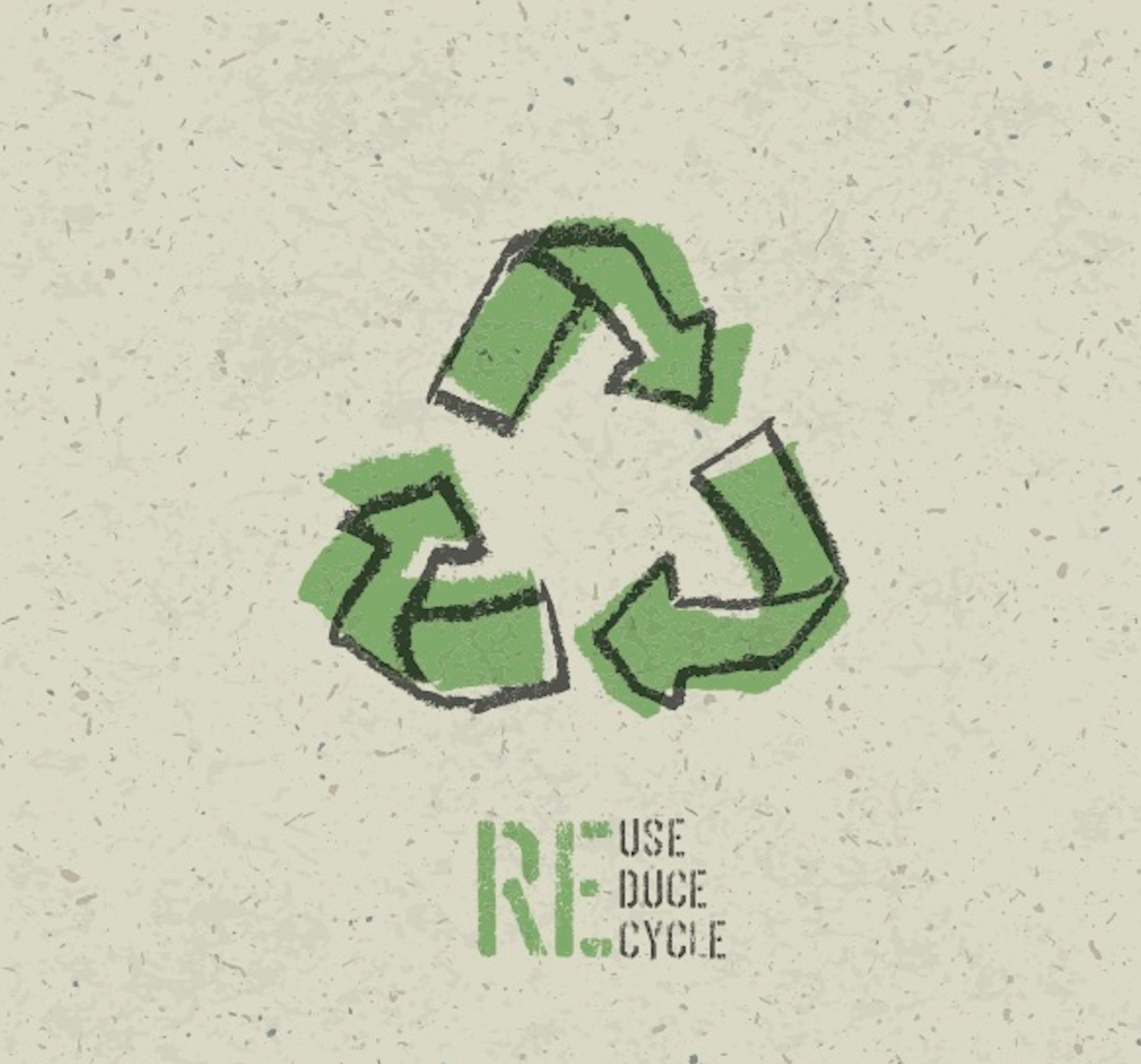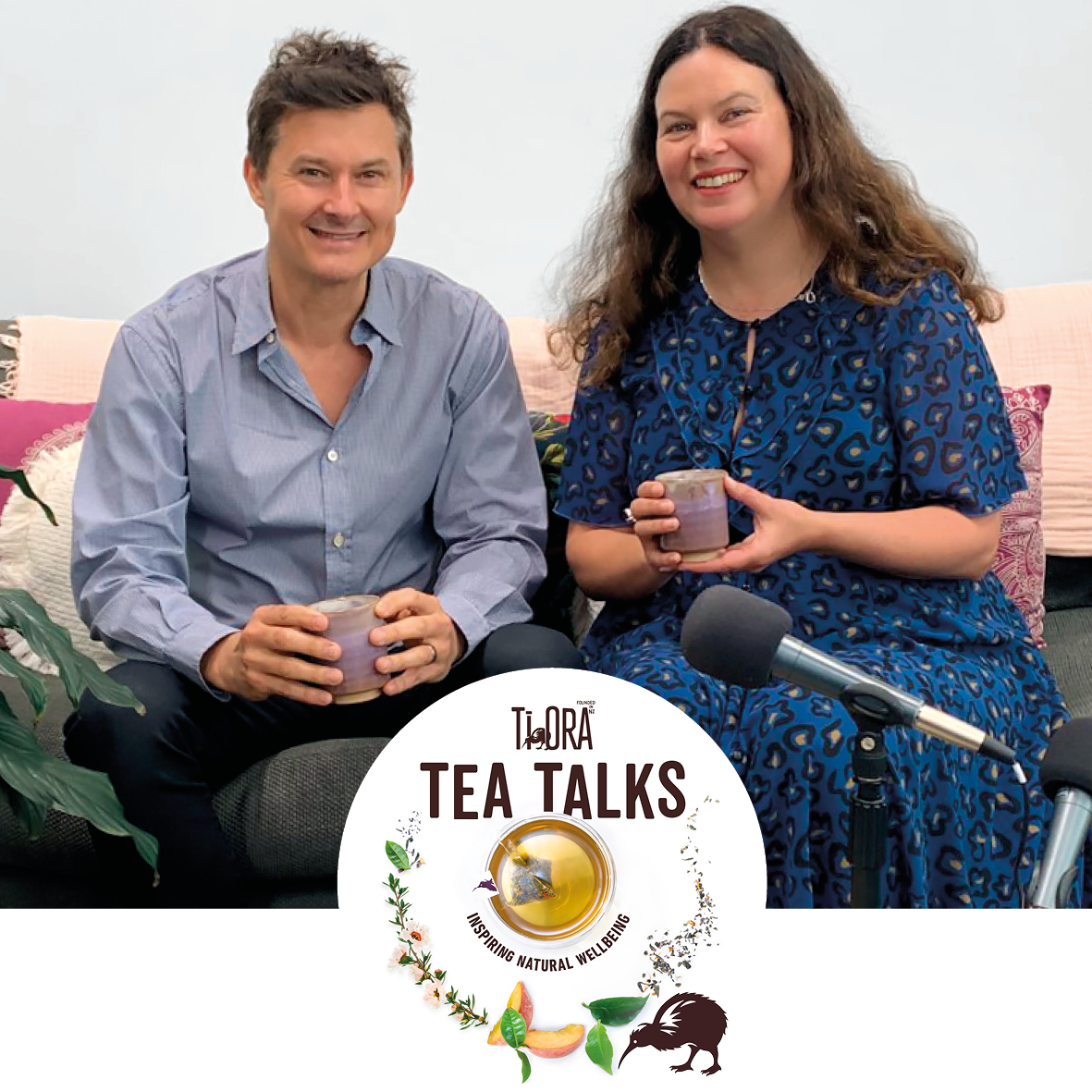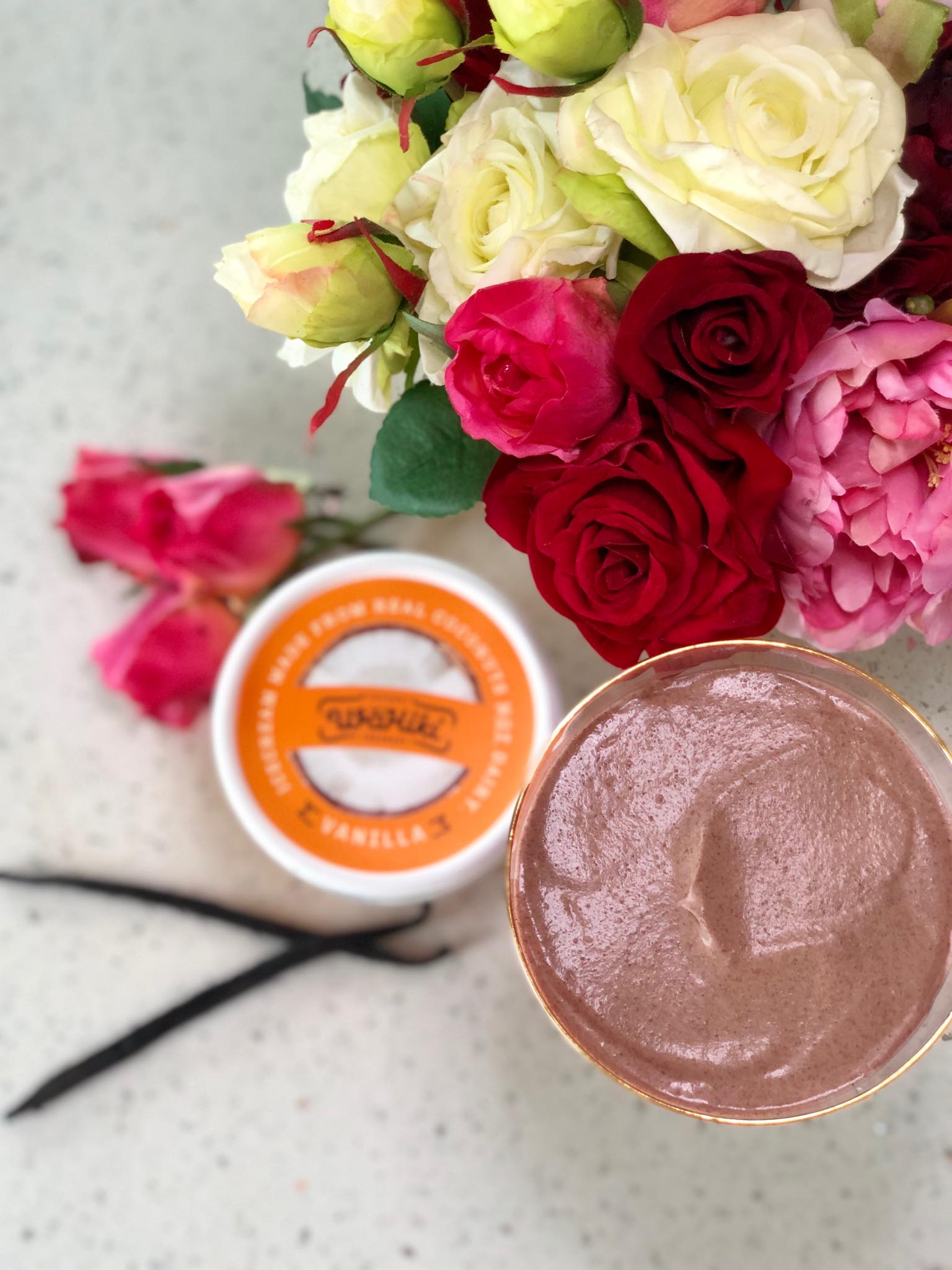Aotearoa, land of the long white cloud and pristine nature, right?
While our environmental flaws as a country aren’t exactly secrets anymore, we still go about our usual ways with a lot of faith in our nation’s commitment to being green.
We take solace in our 100% Pure brand and the overall Kiwi vibe of clean beaches and beautiful forests.
The disconnect lies in what is actually happening on the ground.
It’s a surprise to a lot of us that 62 per cent of our rivers are unsafe for swimming and we have one of the highest rates of waste going into landfills in the OECD.
The list of these somewhat grim facts continues, with nature telling us the truth; we continue to live as if we are separate from our beautiful whenua (land), rather than part of her, and it can’t go on.
Waste is a particularly interesting aspect of sustainability.
It’s the tangible part that we can all see go to the curbside each week. Buy lots of things and you have full bins – cause and effect.
Reader beware though, gaining knowledge of waste, and subsequent waste-reducing actions and techniques, is known to be an addictive gateway into living more sustainably.
Care about waste one day, off to a climate protest the next. (And how awesome is that?!)
When we delve a little closer into our local waste systems, New Zealand recycles a handful of things quite well, but overall we have a long way to go.
To give a wee bit of background info, until 2018 we were shipping the vast majority of our recyclables to China.
When those gates closed, we started scrambling and stockpiling.
In time, some of our recyclables started to be shipped to Southeast Asia instead.
These countries are currently taking around 60 per cent of our plastic waste and that isn’t exactly good news.
The fact remains that overall only nine per cent of plastics ever made have been recycled, we are shipping waste around the world with a high carbon footprint and virgin plastic production has been estimated to treble by 2050.
We do have small onshore operations that can process soft plastic recycling, such as Future Post, and a glass-recycling facility in Auckland.
The crux of the waste crisis, however, lies with quantity.
We use a lot of stuff, we buy a lot, and it ends up creating more waste than we can handle.
So, what can be done?
A lot depends on government and business – their crucial role and their responsibility in the damage done thus far are undeniable.
Commercial waste is a serious contributor to landfills, particularly when we look at construction, which makes up 60 per cent of New Zealand’s landfill waste.
But there also won’t be meaningful change without people changing – if history has taught us anything, it’s this.
Depending on where you are with your journey, I have some suggestions that can easily turn your daily actions into a positive handprint, rather than a hefty footprint.
Multiplied by thousands, these actions will send a clear signal to our leaders for change as well as inspire those closest to us.
Know about the ‘better’ choices
Do you buy products in plastic? And which types?
Checking which numbers you use regularly is as easy as flipping containers upside down and looking at the little triangle with the number inside.
It’s much easier to give a second life to plastic made from numbers 1 and 2.
From an economic perspective, the easy-to-recycle characteristics of 1s and 2s ensure there are markets that will buy it back rather than it all just going into a hole in the ground forever (and ever).
In response to a more restricted recycling market, it’s likely your local council has announced that they no longer take plastics 3-7.
Know that if you buy these, they will be going straight to the landfill at the moment.
In a perfect world, we could avoid plastic altogether – and there are some households that do.
Reducing what we use trumps recycling, every single time, and this can’t be emphasised enough.
I know a lot of people, myself included, feel good about recycling.
It has its place, sure, but it should be a last resort rather than a default.
One suggestion is to look at the items you use regularly and see if you can make easy switches to packaging made from highly recyclable materials such as glass and aluminium.
They don’t lose quality through the recycling process like plastic does and therefore can be thought of as ‘infinitely recyclable’.
Another idea is to commit to buying dry goods in bulk from a package-free store.
Doing this once or twice a month can save hundreds of plastic bags over a year.
Along the same thread, I keep a stash of repurposed paper bags with me.
Like most things waste-related it goes that you avoid them where possible, reuse them multiple times and then give the item a well-deserved, responsible end-of-life.
My much-loved paper bags eventually get munched by the compost in my backyard.
A good baseline value to go on is knowing that all things come from somewhere and have to go somewhere.
Start small for big impacts
Facing these realities can be hard.
Trips to the supermarket where the cheapest and most convenient items are in plastic make you question the feasibility of change.
And that’s fair enough, our current system of take-make-waste is everywhere while small ripples of change are only just starting to surface.
However, I do see light at the end of the endless plastic aisles.
Sticking to the outside perimeter of the supermarket, doing bulk shops, and making weekend farmers’ markets trips part of the routine helps with keeping a positive headspace while also reducing your food miles and packaging waste.
So while peering into that light, fiery flames of motivation tickle at my toes as I know businesses, government and individuals can, and will, do better.
Reading this, you are likely one of those people making a change already or you’re motivated to start doing so stat.
These changes start small but multiply in their impact as they are adopted into the mainstream.
Every large corporate business now has a sustainability plan.
Millions turned out worldwide for the global climate strike.
People used to not know what a reusable straw was – now they do. Five years ago this was all marginalised ‘hippy’ chat.
My suggestions are simple; stay positive knowing you are helping, continue to improve yourself in this area, ask questions, send businesses feedback, sign petitions.
It all adds up. Don’t give up.
Waste options for your home
Start having an impact today by looking at your own bin.
What are you consuming and throwing away regularly that you would change?
Keep the following points in mind:
- Don’t ‘wish-cycle’. If you aren’t sure it’s recyclable, it needs to go to landfill to avoid contaminating recycling streams.
- Find out what is and isn’t being recycled in your area and what reuse systems you can support, including businesses that go the extra mile to make change.
- Start a compost at home. Roughly 20 per cent of landfill waste in 2019 was organic! If you can’t, reach out to local waste networks and collection programmes, community gardens, and look for apartment solutions – they exist.





